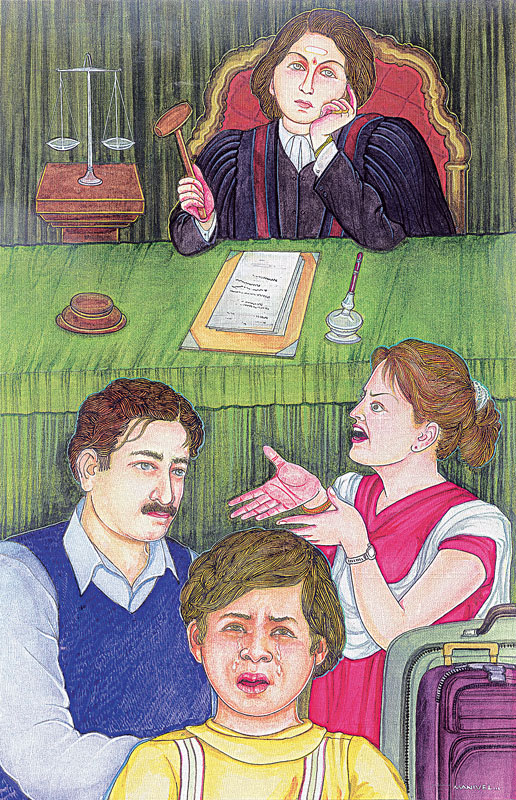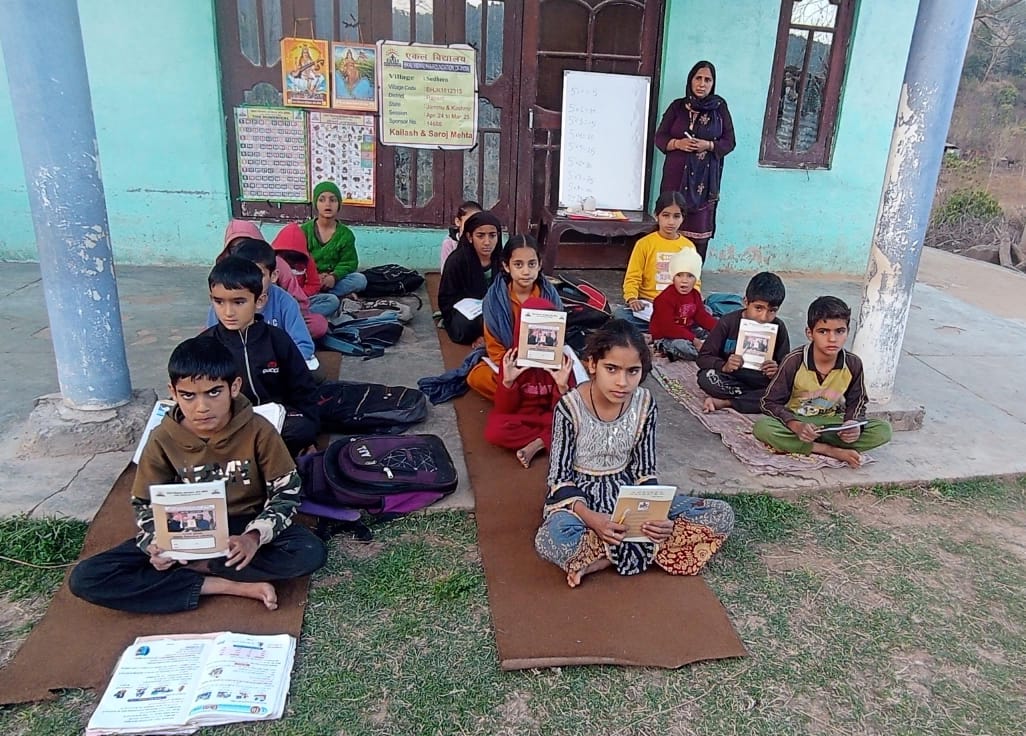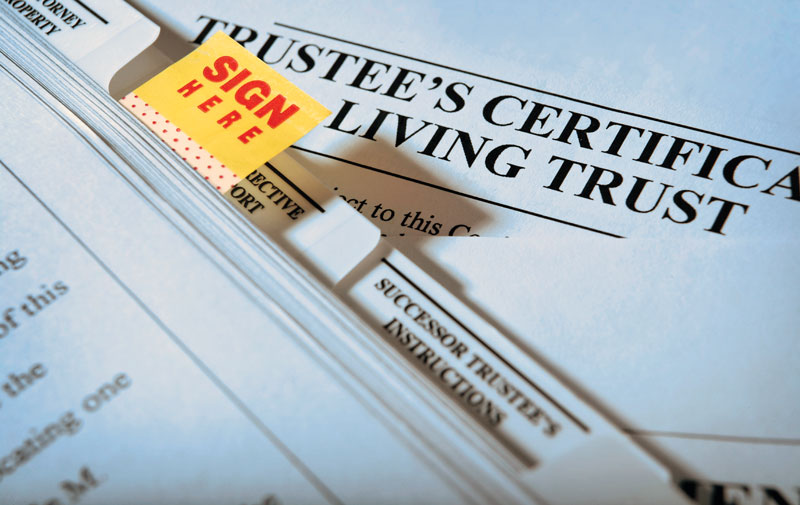An Advance Health Care Directive Saves Family Grief
Sanjit Sharma had slipped into a coma from which, his doctors said, he would not awaken. His grieving family, however, had one great consolation: Sanjit had put down in writing what he wanted done in just this circumstance. Rather than debating if and when to take their father or grandfather off life support—remember the Terri Schiavo case contentiously argued in the US Congress?—they referred his doctor to Sanjit’s advance health care directive. “I already have that in my files,” the doctor told them. “Sanjit gave us a copy when he was in the hospital five years ago.” The family breathed a communal sigh of relief. They still had many issues to face, but Sanjit had lifted from their shoulders this delicate decision. Besides saving them from conflict at a time of great stress, he also saved his estate from the enormous expense of high-tech but, in his case, futile medical treatment. The advance health care directive, also known as a durable power of attorney for health care, is a legal document, similar to a living will, that lets your physician, family and friends know your health care preferences, regarding the types of special treatment you want or don’t want at the end of life, your desire for diagnostic testing, surgical procedures, cardiopulmonary resuscitation and organ donation. The Hindu belief in the rebirth and reincarnation of souls transforms death from a calamity to a natural process, a means by which the soul sheds one body and continues its evolution in another. But our technical ability to keep patients alive and the natural inclination to prolong the life of a loved one can create conflict among family members who are keeping vigil at the bedside. By completing an advance health care directive, you, like Sanjit, can avoid having your family making crucial medical decisions for you at a time of emotional turmoil, and assure that your wishes are fulfilled. Most US states have a form you can fill out to express your health care wishes. If you have Internet access, google “Hawaii Advance Health Care Directive” or “California Advance Health Care Directive (California Probate Code Sample Form).” Ideally, have an estate planning attorney guide you to make sure your wishes conform to both state and federal law. Your health care directive will allow you to make clear: What is important to you when you are dying? • do you especially want or not want certain medical treatments? • do you prefer to be in a nursing home, a hospital or at home? • what do you prefer regarding palliative care/pain management and hospice care? • who is to make sure your wishes are carried out? Keep your original signed form and give copies to the person you appoint as your agent and any alternates, your physician, family members, and the health care institution providing your care.And don’t rely on this brief article for authoritative guidance. Again, an estate planning attorney is your best resource. For more information on estate planning and planned giving, visit the Hindu Heritage Endowment website at www.hheonline.org and click on Planned Giving, then Essentials. Or call Shanmuganathaswami at 808-822-3012. For an estate planning toolkit write to hhe@hindu.org. |

Hinduism Today Lifetime Subscription Fund
Helps cover the magazine’s production and distribution costs










